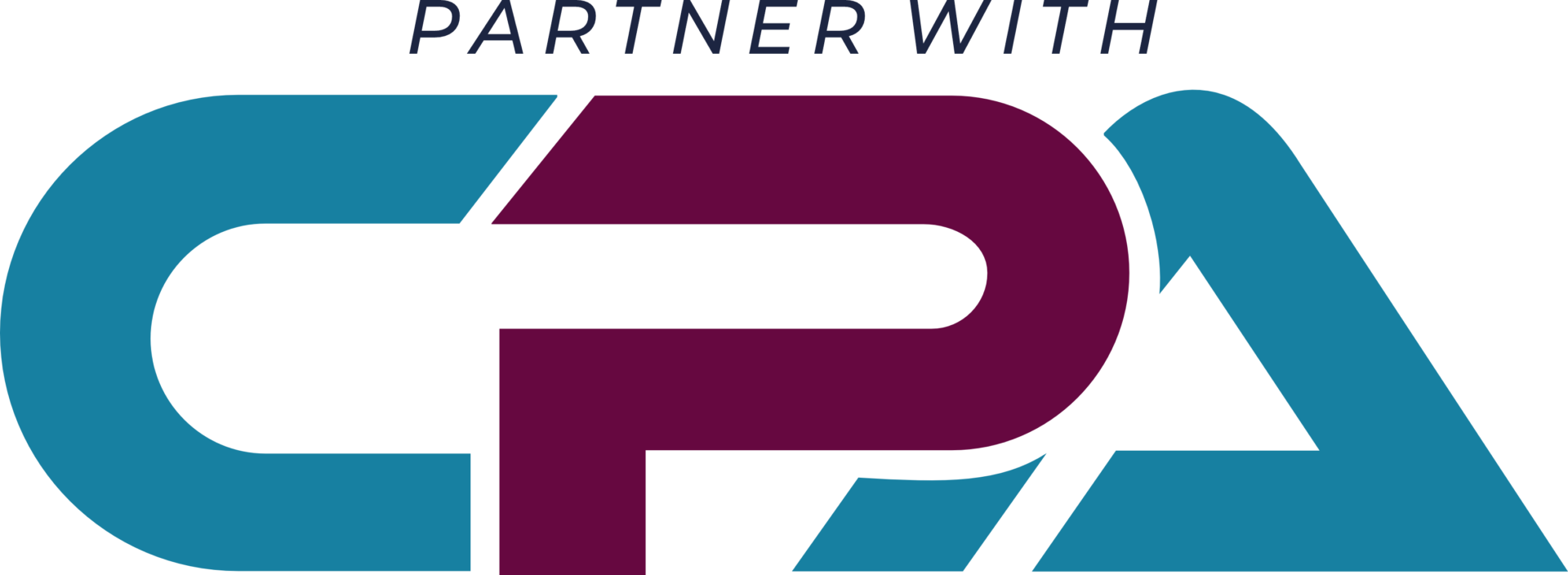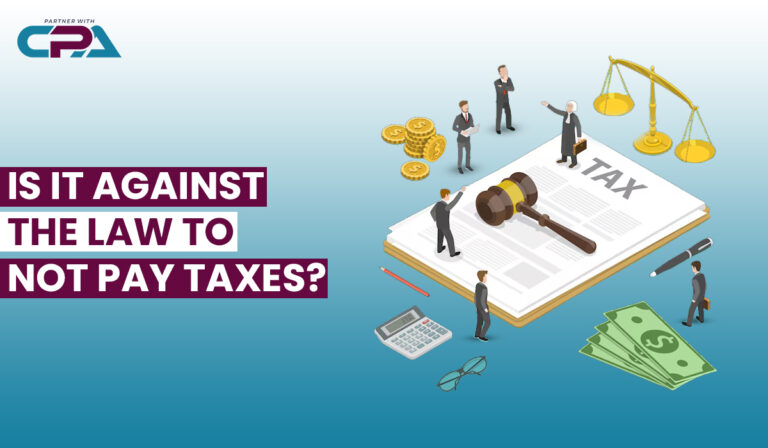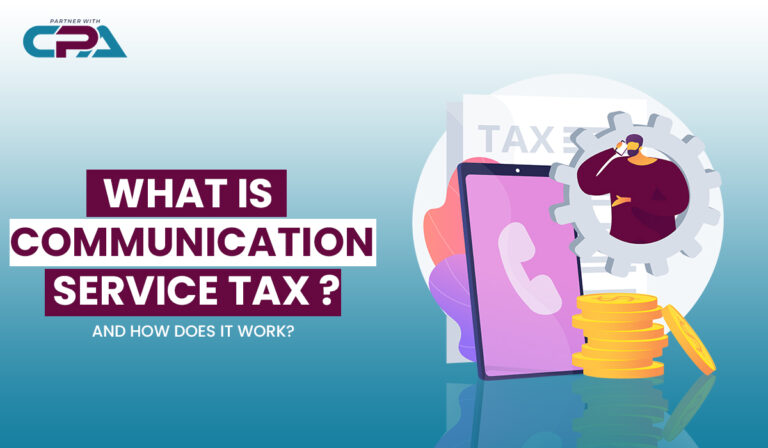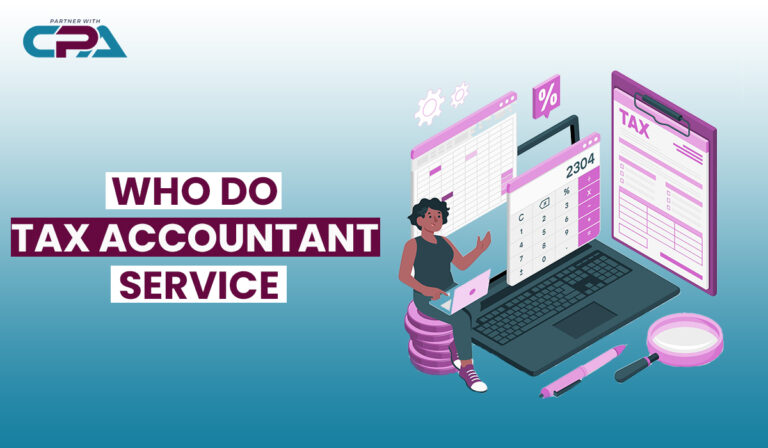What Services Does the Government Tax? A Business & Consumer Guide
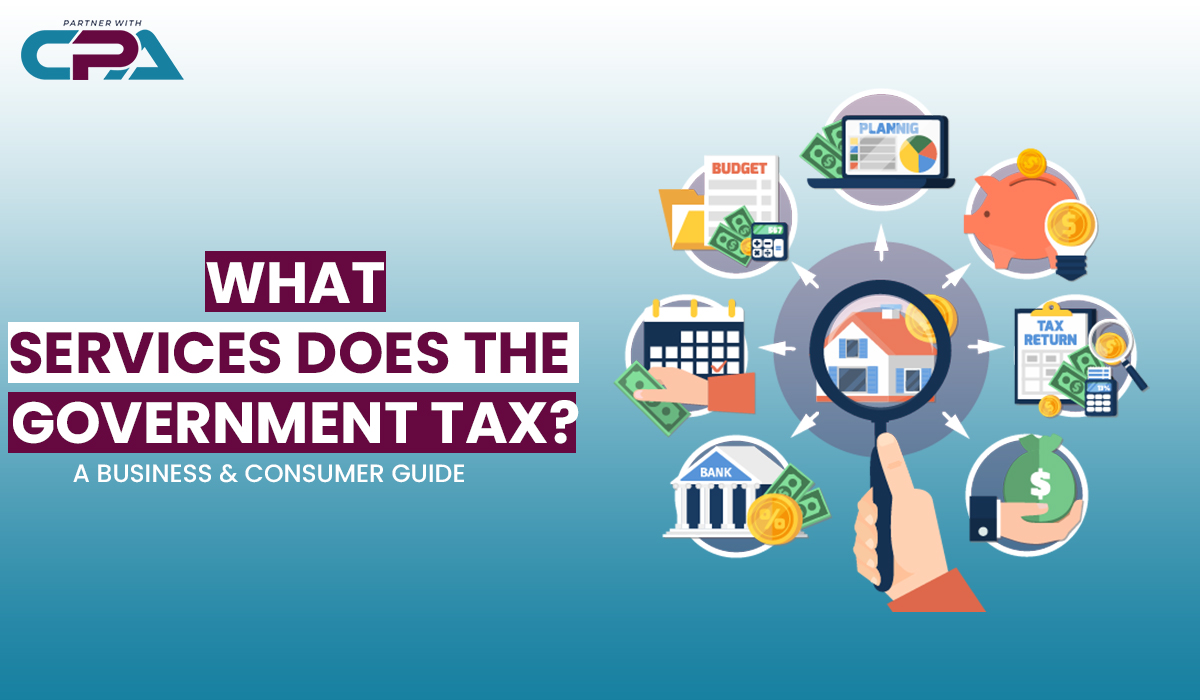
Taxes are a fundamental part of every economy, ensuring that governments have the funds necessary to provide public services, maintain infrastructure, and manage national operations. While most people are familiar with sales taxes on goods, many are less aware that various services are also taxed. But exactly what services does the government tax? The answer depends on where you are and the specific rules in place.
This guide will take a deep dive into how service taxation works, which services are taxed, and why understanding these taxes is crucial for both consumers and business owners.
How Service Taxation Works?
Service taxation applies when a business or professional provides a service rather than selling a physical product. Instead of levying taxes on goods like groceries or electronics, the government may impose taxes on activities such as consulting, legal work, or even digital subscriptions.
There are different types of service taxes, and they can vary significantly based on the country or state. Some jurisdictions apply general sales tax to services just like they do for goods, while others impose specialized service taxes or even excise taxes on certain industries, such as telecommunications and air travel. Additionally, in many countries outside the U.S., a Value-Added Tax (VAT) is imposed on most services, meaning taxes are applied at various stages of production and consumption.
If you’re a business owner, understanding how service taxation works can help you avoid penalties, stay compliant with the law, and correctly structure your services to optimize tax obligations. For consumers, it’s important to know why certain services cost more due to taxation and what to expect on a bill.
Services That Are Commonly Taxed
Some services are taxed almost universally, while others may be subject to specific regional rules. Across various industries, taxation plays a role in shaping pricing and revenue structures.
1. Professional & Business Services
Many professional services are subject to taxation at the federal, state, or local level. If you’ve ever hired a lawyer, paid for financial advice, or consulted with a business strategist, you may have noticed additional tax charges on your invoice. These services, which include legal assistance, accounting, tax preparation, and business consulting, are often targeted for taxation due to their high demand and economic significance.
In some regions, architectural and engineering services also fall under taxable categories. Governments recognize that these services contribute to significant financial transactions and apply taxation accordingly.
2. Personal Services
Beyond corporate environments, personal care services frequently come with government-imposed taxes. From visiting a hair salon or spa to getting a tattoo or massage, these everyday experiences may carry an additional tax burden, depending on where you live. While some states or countries exempt specific wellness and grooming services, others view them as luxury expenses and impose taxes accordingly.
3. Digital & Online Services
With the rise of the digital economy, governments worldwide have begun adapting tax laws to cover online services. Subscription-based platforms such as Netflix, Spotify, and Amazon Prime now frequently include service taxes in their pricing. The same applies to Software-as-a-Service (SaaS) providers, cloud storage solutions, and even online advertising platforms like Google Ads and Facebook Ads.
Initially, digital services operated in a tax-free gray area, but as more people shifted to streaming entertainment and cloud-based software, lawmakers saw the need to regulate and tax these industries. Today, most countries apply some form of digital services tax (DST) or standard sales tax to online subscriptions and transactions.
4. Hospitality & Leisure Services
If you’ve ever booked a hotel room or dined at a restaurant, you’ve likely encountered service taxes. The hospitality industry is heavily regulated when it comes to taxation, as local and national governments see tourism-related revenue as a valuable source of funding. Whether you’re staying at a luxury resort, renting an Airbnb, or enjoying a meal at a fine dining establishment, taxes often make up a notable portion of the final bill.
Some countries impose additional hospitality taxes, particularly in high-tourism destinations. These taxes help fund local infrastructure, maintain public spaces, and manage the impact of high visitor volumes.
5. Transportation Services
Travel and transportation services are another major category subject to taxation. Whether you’re using a ride-sharing service like Uber or Lyft, renting a car, or booking an airline ticket, there’s a good chance that taxes are built into the pricing. Some governments impose fuel surcharges and additional fees on air travel, while others apply public transportation taxes that help fund infrastructure development.
Even local taxi services and private car rentals often include tax components in their pricing, making transportation a sector where taxation significantly affects consumer spending.
6. Healthcare & Medical Services
Essential healthcare services such as doctor visits and hospital care are often tax-exempt, but certain medical services do carry taxation. Cosmetic surgeries, elective procedures, and alternative medicine treatments such as acupuncture or chiropractic care may be subject to taxation in some jurisdictions. Similarly, veterinary services for pets often fall under taxable categories.
It’s always worth checking local tax laws to determine which healthcare services carry additional charges. Some regions exempt services that are considered necessary for well-being, while others take a more comprehensive approach to taxation.
7. Communication & Utility Services
Monthly expenses such as mobile phone bills, internet subscriptions, and cable TV services often include service taxes. Governments regulate telecommunications heavily, which means taxes on these services are common. Likewise, utilities such as electricity, water, and gas may be taxed depending on regional regulations. While some governments provide tax exemptions or subsidies for basic utilities, others apply standard service tax rates to these necessities.
How Service Taxes Are Collected and Managed
Who collects service taxes, and how do they impact businesses and consumers? The answer varies depending on the level of government imposing the tax.
At the federal level, specific industries such as telecommunications and air travel often face nationwide service taxes. Meanwhile, at the state level, sales tax on services differs from state to state. Some states, like South Dakota and New Mexico, tax nearly all services, while others, such as Oregon and Montana, impose very few service taxes. Additionally, local governments may add their own taxes on top of state-mandated charges.
Businesses that offer taxable services are responsible for collecting and remitting these taxes to the appropriate authorities. Non-compliance can lead to severe penalties, so companies must ensure they understand local tax laws to avoid unnecessary legal trouble.
For consumers, service taxes directly impact the overall cost of various transactions. Whether you’re paying for an online subscription, getting a haircut, or consulting with a financial advisor, understanding service taxation can help you budget more effectively.
Reducing the Burden of Service Taxation
Taxation is inevitable, but there are ways to minimize the impact on businesses and consumers. Businesses should check whether they qualify for tax exemptions or deductions, as some services may not be fully taxable under certain conditions. Additionally, structuring service offerings strategically can help reduce tax liabilities.
Consumers can also explore options such as tax-free services in their region or bundled service packages that provide better value. Being informed about service taxation laws can help individuals and businesses make smarter financial decisions.
Conclusion
Service taxation is a complex but essential part of economic regulation. Whether you’re a business owner trying to remain compliant or a consumer trying to understand extra charges on your bill, knowing how service taxes work is crucial. Since laws vary from one location to another, staying updated with local tax regulations is the best way to ensure you aren’t caught off guard.

I’m Qaisar Umar, a Digital Marketing Expert, Web Designer, and Growth Strategist with experience ranking 90+ brands and working with 200+ international clients. I’m SEMrush certified and trained by iSkills, specializing in SEO, web design, and growth strategies to help businesses scale online.
Passionate about technology and ranking tactics, I stay ahead of trends to drive real results. Whether it’s boosting visibility, improving engagement, or growing a brand, I focus on strategies that work.
